Interdisciplinary Research Week music performance:
Who: Emerge music group performance
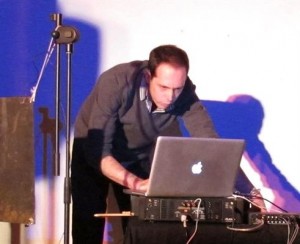
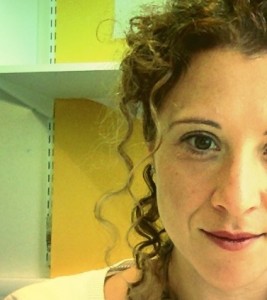
When and where: Talbot Campus, Friday, 29th January – 17.30 – 18.30
What: BU’s Emerge Research Centre has a research music performing group, a creative space where each person develops their own instruments and music based on personal research into sound as well as gesture and technology as part of their creative practice.
The experimental music and sound-art event features a soundtrack of electronic atmospheres, noisescapes, pulses and rhythms, tones and drones. It will include an exploration of hardware-hacked devices, simple electronic instruments, data networks and basic sensors to augment and inform laptop improvisations, immersive fixed-media soundscapes and live visuals
Performers include:
David Borgo, http://musicweb.ucsd.edu/~dborgo/David_Borgo/Bio.html
Anna Troisi, http://www.annatroisi.org/
Antonino Chiaramonte, http://www.antoninochiaramonte.eu/
Rob Canning, http://rob.kiben.net/
Bill Thompson, www.billthompson.org
Ambrose Seddon, http://www.ambroseseddon.com/
Tom Davis, http://www.tdavis.co.uk/
Visuals by Kavi, https://vimeo.com/user324972
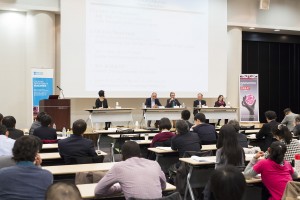
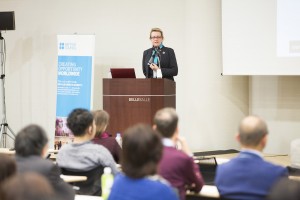



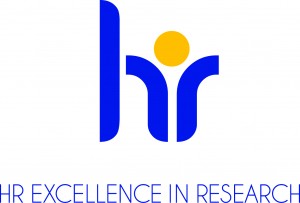
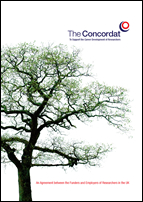
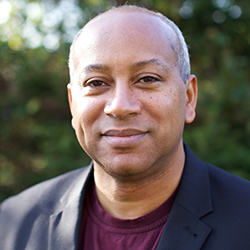
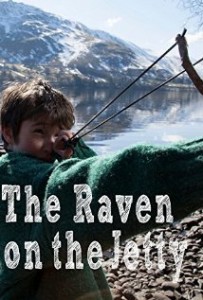

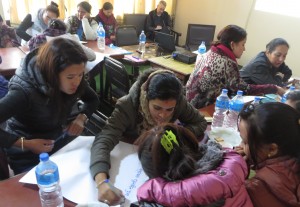
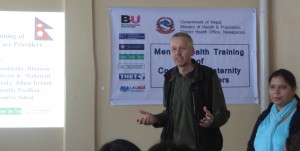

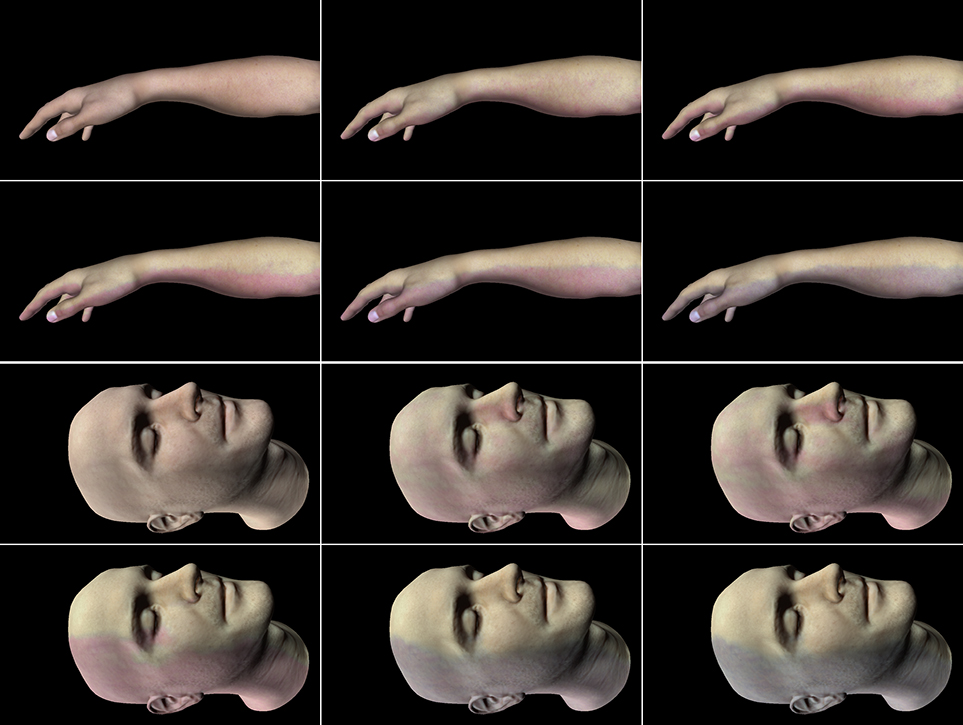
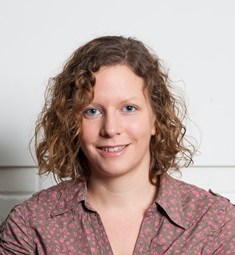

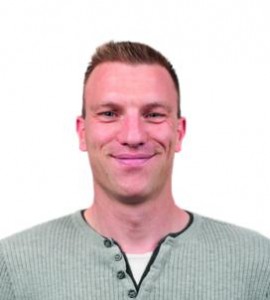



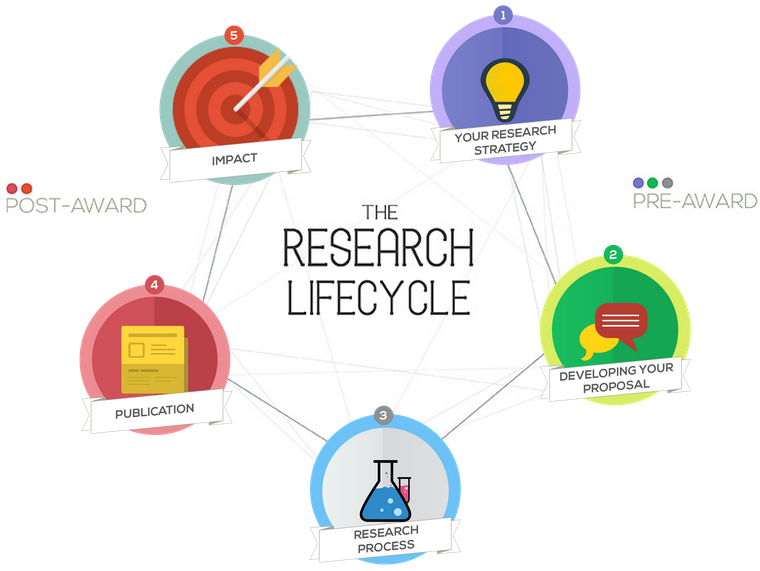



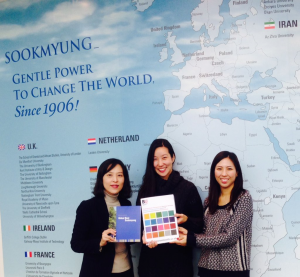











 New CMWH paper on maternity care
New CMWH paper on maternity care From Sustainable Research to Sustainable Research Lives: Reflections from the SPROUT Network Event
From Sustainable Research to Sustainable Research Lives: Reflections from the SPROUT Network Event REF Code of Practice consultation is open!
REF Code of Practice consultation is open! ECR Funding Open Call: Research Culture & Community Grant – Apply now
ECR Funding Open Call: Research Culture & Community Grant – Apply now ECR Funding Open Call: Research Culture & Community Grant – Application Deadline Friday 12 December
ECR Funding Open Call: Research Culture & Community Grant – Application Deadline Friday 12 December MSCA Postdoctoral Fellowships 2025 Call
MSCA Postdoctoral Fellowships 2025 Call ERC Advanced Grant 2025 Webinar
ERC Advanced Grant 2025 Webinar Update on UKRO services
Update on UKRO services European research project exploring use of ‘virtual twins’ to better manage metabolic associated fatty liver disease
European research project exploring use of ‘virtual twins’ to better manage metabolic associated fatty liver disease